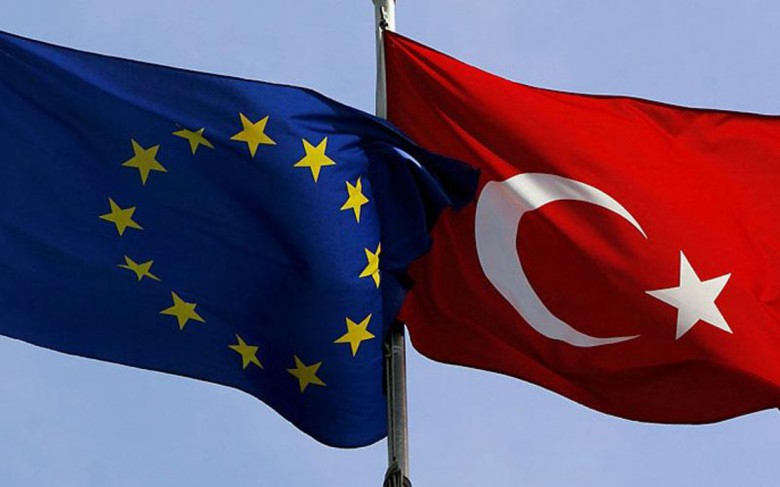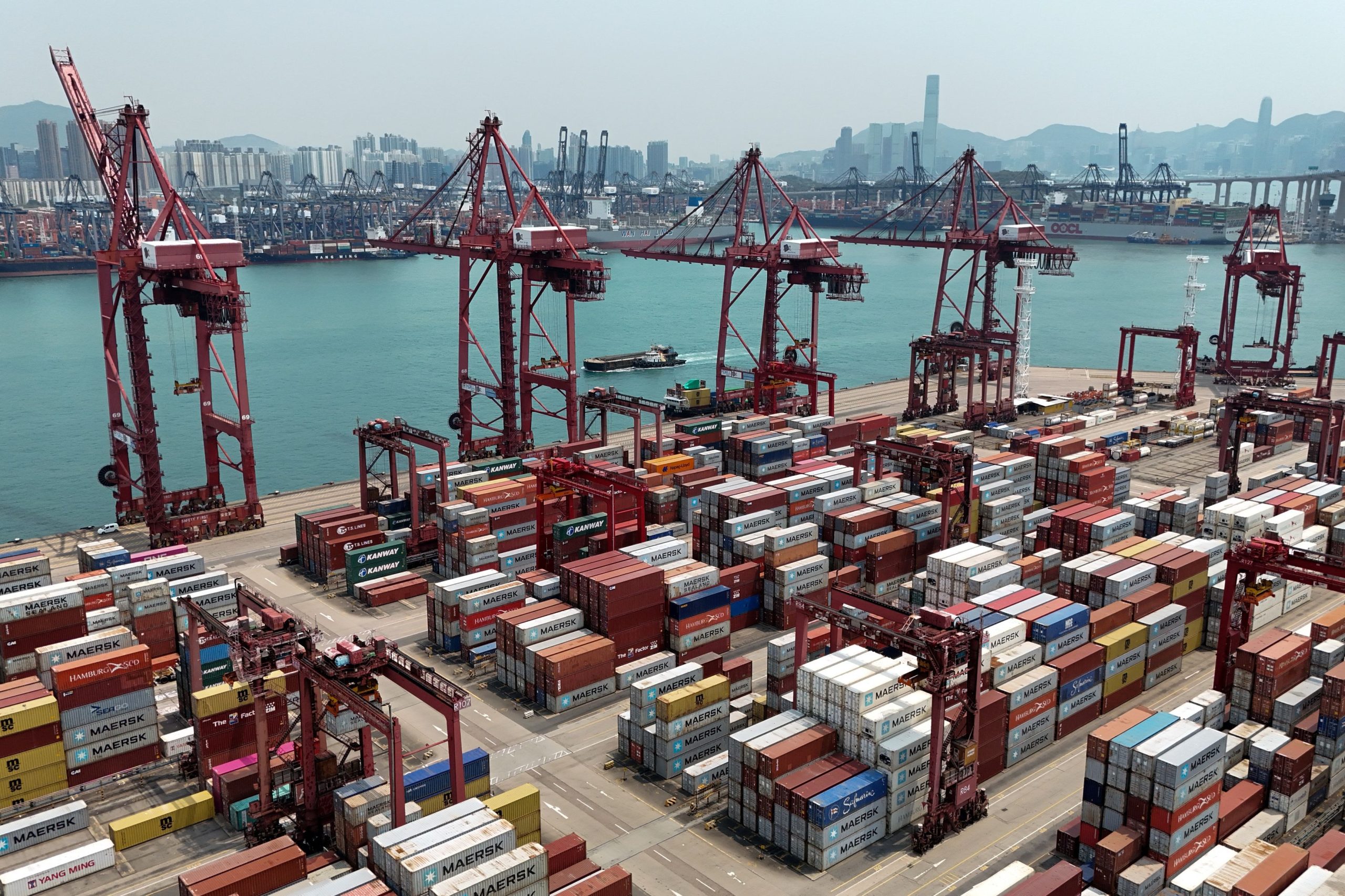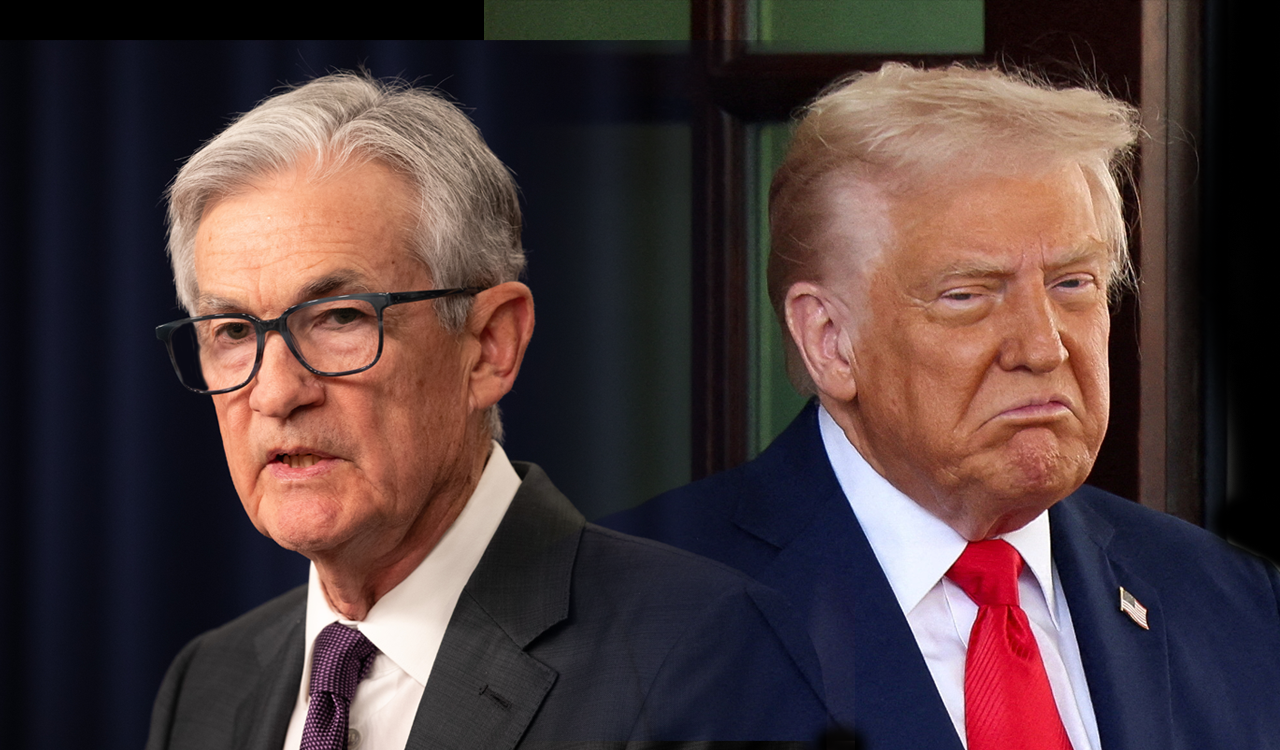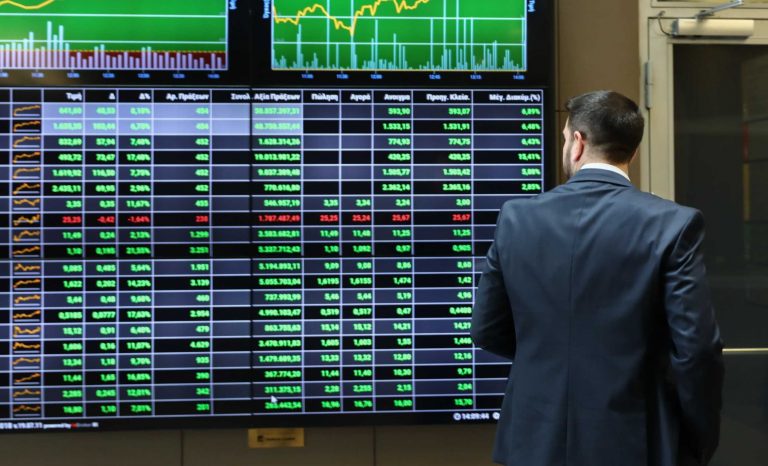“Economic activity in Greece is projected to rebound strongly in the coming quarters. A milder-than-expected recession in the first quarter of 2021 and incoming data for the second quarter make us even more optimistic than before, “said the Governor of the Bank of Greece, Giannis Stournaras in an interview with Global Finance Magazine and Tiziana Barghini, emphasizing that the “recovery is based mainly on the demand accumulated due to the pent-up demand, the start of the implementation of investment plans under the National Recovery and Sustainability Plan and the significant increase in tourism compared to 2020 “.
In terms of public finances, a significant primary deficit is expected for 2021, which will be reversed next year, when most of the fiscal measures to support the economy have been withdrawn.
According to Mr. Stournaras, the biggest risk for the next quarters is still the evolution of the pandemic nationally and globally.
The final impact of the pandemic on the banking system is a source of concern for the BoG governor. “Obligors in vulnerable sectors could suffer after the complete phaseout of support measures, whereas the rising interconnection between the sovereign and the banks is worrisome. ” He is also concerned about the sharp rise in public debt, which “makes the economy vulnerable to new negative external shocks”.
He even suggested that the interim measures should be extended for as long as necessary in order to avoid the effects of their abrupt withdrawal.
Read the full text of the interview:
Yannis Stournaras: Economic activity in Greece is projected to rebound strongly in the coming quarters. A milder-than-expected recession in the first quarter of 2021 and incoming data for the second quarter make us even more optimistic than before. The recovery is mainly driven by pent-up demand, the launch of projects under the National Recovery and Resilience Plan and a significant increase in tourism receipts relative to 2020.
On the fiscal front, a substantial primary deficit is expected in 2021, which will be reversed next year due to the withdrawal of the bulk of the fiscal stimulus package. The biggest risk for the coming quarters remains the evolution of the pandemic at the national and global level. Although the vaccination program is well on track, the spread of the virus mutations is a source of uncertainty.
GF: How strong is the banking sector and how is lending available to businesses?
Stournaras: Over the past few years, the financial fundamentals of Greek banks improved significantly. Compared to March 2016, the stock of nonperforming loans [NPLs] was reduced by more than 50%, mostly through securitizations through the Hellenic Asset Protection Scheme. Banks managed to eliminate their reliance on the Emergency Liquidity Assistance and regained access to the wholesale markets, issuing senior unsecured notes and capital instruments. Two systemic banks also managed to tap the capital markets and executed successful share capital increases in 2021. Currently, banks enjoy adequate liquidity and capital buffers that can allow them to provide lending to the real economy.
Still, the NPL ratio remains the highest in the eurozone and is an impediment to credit expansion, especially for small businesses where the credit risk is higher. According to the banks’ business plans, the positive macroeconomic outlook and the financing opportunities stemming from the Recovery and Resilience Facility could significantly boost credit growth in the coming years.
GF: In the wake of the health crisis, is there something that should prompt central banks to change policy?
Stournaras: The pandemic led to a temporary slowdown of the potential growth rate of the economy, but support measures taken by both fiscal and monetary authorities should mitigate long-term scarring effects. In particular, the NGEU initiative, aimed at financing large-scale investment projects in areas such as greening the economy and digital transformation is expected to improve the long-term growth potential of the economy.
Regarding monetary policy, my view is that our stance at the ECB is still appropriate. We have learned from experience that patience is needed to avoid premature policy adjustments. Under current circumstances, a persistently accommodative monetary policy stance is necessary in order to meet our medium-term inflation target of two percent. In fact, in our new monetary policy strategy and revised forward guidance, we have made explicit that our commitment to avoid a premature tightening may imply temporary periods of above-target inflation. Once the economy shifts to a solid recovery and there are definite signs of a rise in inflation to its target on a durable basis, then we should proceed at a gradual adjustment, applying flexibly the tools at our disposal.
GF: What is the economic outlook for Europe overall?
Stournaras: The growth rebound for the EU and the euro area is expected to be strong in 2021 and 2022, due to pent-up demand, substantial additional fiscal stimulus partly channeled through the Next Generation EU instrument, and higher foreign demand supported by the recent fiscal policy packages in the US. GDP is projected to return to its pre-crisis level at the end of 2021 in both the EU and the euro area, masking, however, a significantly uneven pace of recovery across member states.
The rise in inflation this year is expected to be largely transitory due to pandemic-related supply-side bottlenecks, and central banks should look through this temporary jump in inflation. Clear communication on the outlook for monetary policy will be critical to shaping inflation expectations and safeguarding against premature tightening of financial conditions. Uncertainty and risks surrounding the growth outlook remain high but overall balanced. The epidemiological situation, geopolitical tensions possibly resulting in irregular migration inflows, the effects of climate change and private and public debt dynamics raise concerns and require continued vigilance.
GF: What keeps you awake at night?
Stournaras: The present crisis was different than the previous one almost 13 years ago, due to the more proper stance of monetary policy and, particularly, fiscal policy.
At the same time, Greece has overcome many of the problems that had led to the 2010 sovereign debt crisis. Nevertheless, two issues may be of some concern. First, the final impact of the pandemic to the banking system. Obligors in vulnerable sectors could suffer after the complete phaseout of support measures, whereas the rising interconnection between the sovereign and the banks is worrisome. These risks to financial stability add to existing ones, such as the effect of the low interest-rate environment to banks, and to others that rapidly gain importance in the risk heat map, such as the climate-change-related risks.
Second, the steep rise in the public debt ratio makes the economy vulnerable to new negative external shocks. Temporary measures should be extended if needed to avoid cliff-edge effects. But there is no room for a relaxation of the longer-term primary surplus targets, so that the financing needs for the coming decade remain manageable.











![Οι αλλαγές που υπάρχουν στα φορολογικά έντυπα για τα εισοδήματα του φορολογικού έτους 2024 από ακίνητα [Γ’ Μέρος]](https://www.ot.gr/wp-content/uploads/2025/03/akinita.jpeg)










